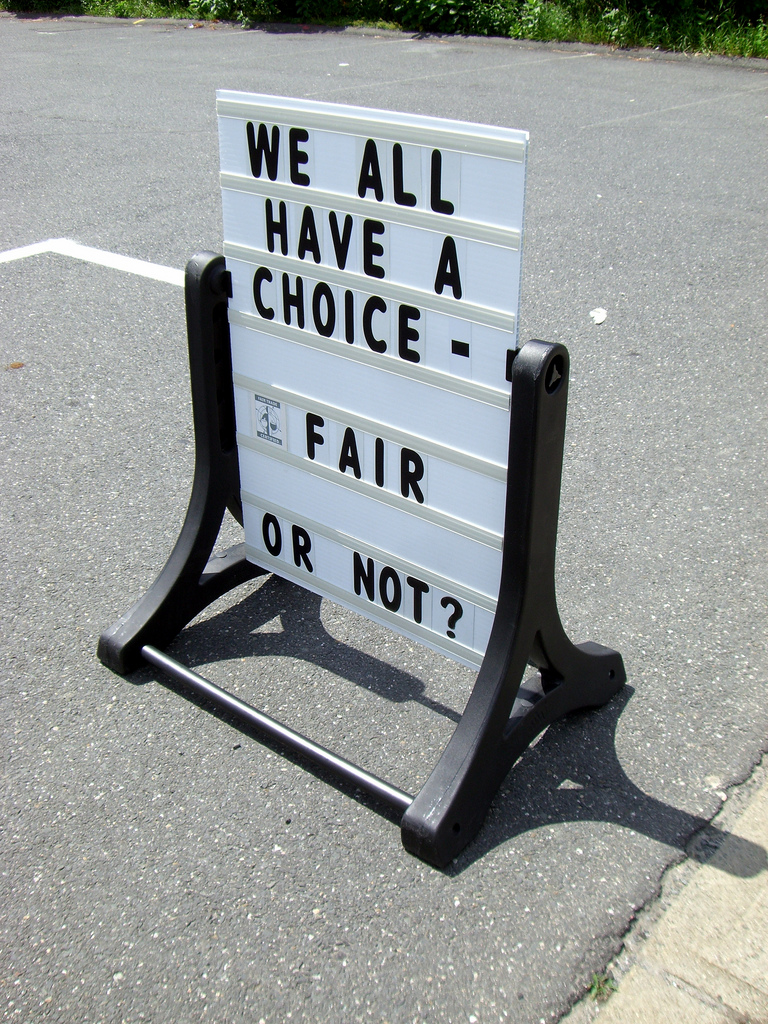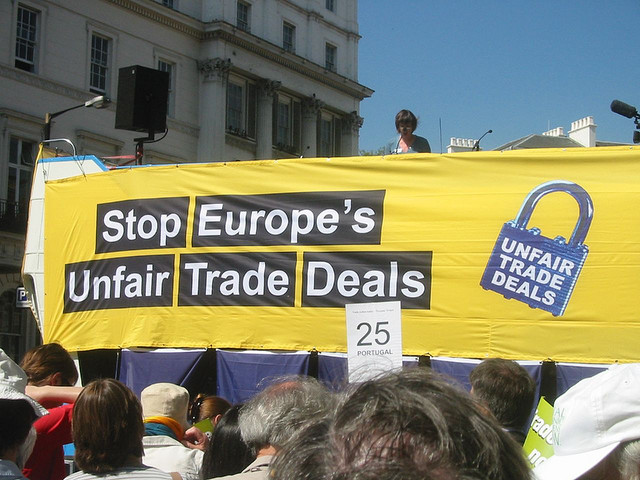
I love coffee. I love good coffee, and have come to the conclusion that I am a coffee snob.
I am so addicted – to “good” coffee that is – that I even have the necessary tools to make up my own latte, cappuccino, mocha, you name it, at home and on demand (and I use the traditional Bialetti style expresso maker with one of those steel hand frothers – I’m also a puritan!).
Each time I return to Dublin, I am ecstatic to experience brand new coffee shops that have opened up throughout the city and its surrounds. I make it my business to try each one in the quest for the best coffee in town – time and money permitting! That’s also my mission when I am overseas.
How fortuitous then for a coffee lover to land herself in Uganda, one of the world’s major coffee producers.
The Ugandan coffee industry in numbers
- Uganda, is one of the world’s largest exporters of Robusta coffee (with some Arabica), accounting for 7% of global Robusta exports.
- Nearly all the coffee is exported, mostly to the EU (80%). According to the Uganda Coffee Federations, Uganda ranks 2nd in Africa (Ethiopia is the first) and 7th in the world, as a coffee producer.
- Coffee is one of Uganda’s major cash crops that accounts for 20–30% of foreign exchange earnings and employs over 3.5 million families through coffee-related activities, according to an Oxfam report.
- An estimated 18% of the world’s coffee farmers are Ugandan – making it the highest coffee farmer population in the world.
- Over 98% of the country’s coffee is produced by smallholder farmers – some 1.7 million of them – with average farm sizes of between 0.5 to 2.5 hectares (average is 0.18 hectares – about 200 trees).
- Coffee represents less than 20% of the average family plot, but provides over 50% of cash income in an average year. In recent years, with population growth, farm sizes have been growing smaller as families subdivide their plots for their descendants.
- Small-scale farms also grow other food and cash crops to sustain their families since growing coffee takes time and the coffee market in the past has proven to be unpredictable. However, it seems that at the moment the world loves their latte and the future of coffee looks set to continue to appreciate.
Most farmers in Uganda are not organized into groups or cooperatives, selling their raw coffee to local collectors, who aggregate volumes for delivery to coffee exporters. Many of these farmers are living below the poverty line and their livelihoods are increasingly vulnerable when considering the impact of climate change – and the increasing desire for ‘sustainable’ exports.
When available, I would always opt for ‘Fair Trade’ certified coffee. Certified Fair Trade coffee is difficult to find in Uganda.
Most coffee exported is raw coffee beans. I am fortunate to have located a local coffee exporter who grinds and blends small amounts for local consumption and reverts all monies from sales to support schools in the area he sources his beans, direct from farmers.
Generally however, only 2% of Uganda’s coffee exports are verified or certified “sustainable” (the average is 8%, with targets for 25% by 2015).
For Robusta coffee, representing around 80% of overall Ugandan coffee exports, the figure is just 1% of ‘certified’ sales.
The majority of the certification efforts that have been instigated to date have either been facilitated through donor support or focused on niche markets (e.g., organic), which offer high premiums.
The reasons for this have been associated with the “high costs associated of working with large numbers of very small farmers that poses unique challenges for investing in the sector and growing this percentage” according to the Sustainable Coffee Program.
The high costs associated with certification/verification programmes in Uganda that compromise prices and impact on sales. The reality of Uganda’s rural poverty and low productivity makes Uganda’s coffee future production vulnerable.
What is ‘Fair’?

The Guardian reported that in 2012, some 430,000 metric tons of Fairtrade certified coffee was produced, but only 30% of this was sold under Fairtrade conditions, with farmers receiving only commodity prices for the remaining 70% of their crop.
The positive social impact from the coffee value chain that is founded along the theory of Fairtrade certification is limited by world markets.
In 2013 the average world market price for Colombian Mild Arabica for example, was US$1.48/lb (€1.29), which is eight cents/lb greater than the Fairtrade minimum price (not including the optional 20c social premium).
The rising global demand for ‘quality’ and ‘speciality’ coffee means that coffee roasters and importers are focusing not only on certifications, but also on the consumer and what they are willing to pay, rather than the market basic or even average price – “if it tastes delicious, we want that coffee. For some coffees, this approach can achieve 10 times above the Fairtrade price.”
Also, recent research like the that conducted by SOAS University of London, serve only to fuel the negative side of the Fairtrade debate claiming that
“Fairtrade certified coffee, tea and flowers do not improve lives of the very poorest rural people in Ethiopia and Uganda.” In its four-year research project in Africa’s top 2 coffee producers, found that “wages [for agricultural workers] were lower on average in research sites defined around Fairtrade certified producer organisations than in sites without Fairtrade certified producers.”
In an interview, one of the lead researchers, Professor Christopher Cramer quotes:
“The British public has been led to believe that by paying extra for Fairtrade certified coffee, tea and flowers they will ‘make a difference’ to the lives of poor Africans. Careful fieldwork and analysis in this four year project leads to the conclusion that in our research sites Fairtrade has not been an effective mechanism for improving the lives of wage workers, the poorest rural people.”
Some of the key findings of the research are outlined in the report and on the SOAS website.
HOWEVER, there are always two sides to a debate.
The Center for Global Development (CGDEV) responds to the research reassuring me that I shouldn’t “… regret that latte just yet” by asking the Million Dollar Question – Does Fair Trade Work? They conclude:
“Basically, the study doesn’t give us enough evidence to know whether Fairtrade works or not.”
They rightly point out that the study focuses on casual farm workers on coffee farms rather than the coffee producers that Fairtrade targets. Causal labour, by its very nature “exist at the very periphery of the agricultural value chain and so are particularly difficult for Fairtrade benefits to reach.” And, according to the CGDEV, despite the claims by the researchers, the DFID funded research,
“wasn’t designed in a way that can tell us whether working on a Fairtrade-certified farm makes people better (or worse) off…The million dollar question, however, still goes unanswered.”
If trade is ‘fair’ then the alternative must be ‘un’fair?

In an on-line debate The Economist put forward the motion:
“This house believes that making trade fairer is more important than making it freer.”
Over the 10-day period of the debate, the ‘yes’ result grew progressively from 47% to its overall result of 55%. This figure sustained after just 3 days of voting. The debate of course was from an economic perspective, rather than one focusing on the Fairtrade certification debate, however, what I get from this is the demand from the public for fairer trade, even from an economic perspective.
If trade is ‘fair’ then the alternative must be ‘un’fair? A question, then, to ask yourself is why would you buy any ‘un’ fairly traded good/service?
The increasing global demand for coffee shows that consumers will buy coffee regardless of its price – quality and ‘speciality’ is the demand these days. The argument that ‘fairtrade’ coffee is “more expensive” is weak and no longer a viable defence.
In soul searching my own consumption position, I came upon a site that helped to explain ‘why Fairtrade?’ to me. The site peopleandplanet.org begins with a very simple, yet obvious reality:
“Trade is a matter of life and death for many of the world’s poorest people.”
As you pass through the many towns, villages and remote rural corners of Uganda you realise the crucial role of trade. Local market trading is at the core of life in this, and many African countries.
Globally, the ‘problem’ is that international trading rules are unfair. The reality of the poverty that this inflicts on the world’s poorest persists to the point that this is no longer news.
The Trade Justice Movement has long been advocating for the need to change the ‘rules’. While we continue to wait for world leaders to safeguard their own country’s position, we the consumer, can help to make up their mind quicker.
Understanding the Fairtrade movement
Regardless of the debate against Fairtrade certification, the theory behind the movement is critical for us to understand and to internalise:
- Buying and promoting Fairtrade demonstrates solidarity with a wider global movement towards workers’ rights.
- Fairtrade isn’t about charity. It is about rethinking the relationship between producers and consumers. As the Guardian blog notes: “No farmer wants you to buy their coffee because they’re labelled as ‘poor’. A sustainable long-term relationship, season after season, works both ways between buyer and producer.”
- Fairtrade makes sure that this relationship is based on honesty and respect. It is an assertion of the rights of all to a decent living and working standards. This surely should be a global standard.
- It’s about our choices – choosing to buy Fairtrade products as an individual is an important moral, ethical and informed action. It is a way to ensure that the people who have made those products are being treated fairly. Raising awareness and encouraging others to choose fairtrade products makes a bigger difference to the lives of others:
“Imagine… all of the schools, colleges and universities in the country showing that they were serious about putting an end to poverty by committing to Fairtrade. Not only would this make a massive difference to Fairtrade farmers and their communities, it would also show the UK government that UK citizens think it is time to put an end to unfair world trade.”
- By taking action on Fairtrade, you are supporting the securing of human rights for some of the most marginalised producers in the world – communicating your commitment to ensuring a fair deal and a living wage for producers, working towards the sustainable development of their communities.
So it’s not just an argument about the economics of fair wages/prices, it’s a statement by global consumers about their consumption choices that include global awareness and action on inequality, poverty and human rights, framed within justice in challenging the root causes of inequality.
And it’s not just about coffee, or tea, or flowers. It’s responsible consumerism in everything we consume – perishable and non-perishable goods, services, our respect for the environment and our commitment to ‘sustainability’.
Next time you go shopping, think about what you are buying. Look at the label, where was the garment/coffee/etc., produced? Go home, get on the internet and find out more.
Learn about sweatshops:
- The website Do Something, while US focussed, gives a good summary of sweatshop conditions with their 11 facts about sweatshops
- A really cool, and frustrating game raising the awareness of working in a sweatshop is the SIM Sweatshop Game or the Play Sweatshop Game
Find out more about FairTrade Fortnight and see how you can get involved. Check out the Fairtrade website for loads of loads of information and resources.
Oxfam has great information and learning resources on Fairtrade issues and classroom activities and Ethical Choices
There’s even an Ethical Shopping App which lists well-known brands, ranked in product-specific league tables, from food and drink to health and beauty to travel and energy. A summary table shows “the good, the bad and the ugly” brands in relation to the environment, human rights and animal welfare. Points scores give an overall “ethical rating” to easily identify the best performing brands and companies.
